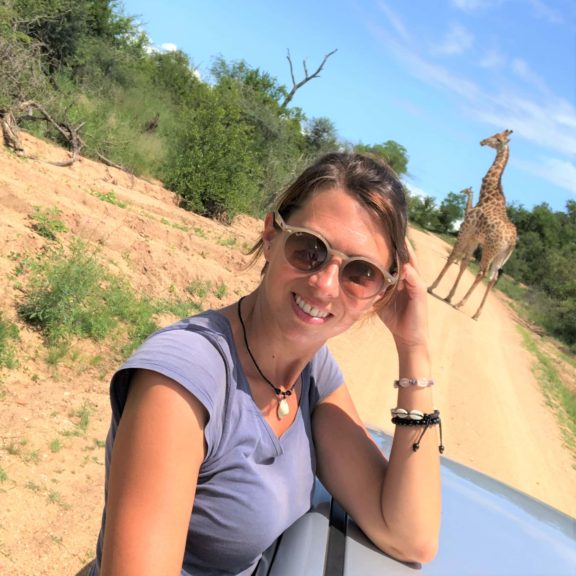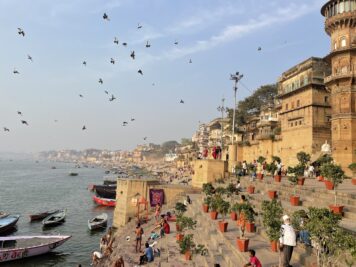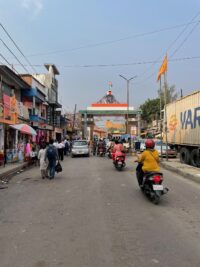Someone knocked on my door; I’d just moved in to the room and was elbow-deep in my backpack digging for any clean clothes, wearing a towel and ready to shower. ‘Room service’ said the knocker, but I ignored him. I hadn’t ordered anything, and I shouted that through the door. Not to be deterred by my lack of order or interest, the knocker stepped it up and turned the doorknob. I’d locked it, so he started rattling the knob persistently. I got dressed again and opened the door in exasperation. The hall boy was there, clutching a giant can of insect spray: as it turned out he wanted to spray for mosquitos (and god knows what else, I’d already squashed a small roach).
This DIY fumigation is a nightly ritual, I’ve since learned. While the boy bug-bombed my room I hung around in the corridor, listening to call to prayer drifting in through the window at one end, and something that sounded exuberantly Hindu emanating from the street below at the other end. When I left Dhaka I’d hoped to find some peace and quiet; it seemed I hadn’t quite found it yet.
I was in a city called Khulna. I’d got there on the Rocket, a vintage paddlewheel steamer. When the boat docked in nearby Hularhat I hopped off admidst a crush of pushy fellow-passengers and headed up the path towards the cluster of waiting auto-rickshaws. For such a small place – a short dock and then a long path disappearing into the woods – there was a lot of turmoil and I felt tossed around in the crowd far more than I’d felt tossed around during the overnight journey on the water.
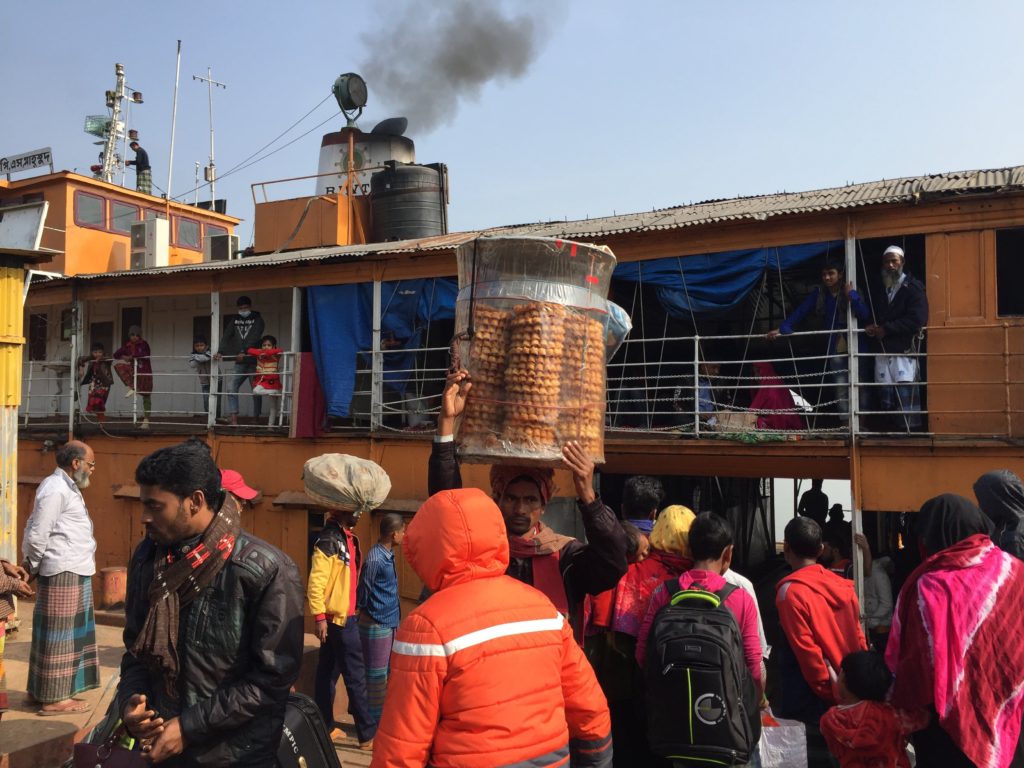
After several days in Dhaka without so much as laying eyes on another foreigner, on the Rocket I’d met seven others. Seven of the eight total I’d meet the whole time I was in the country, as it turned out. I knew Bangladesh was off the beaten path, I just didn’t realise how far off. The seven others were travelling in small groups with private guides and had rides waiting at the dock to take them into Hularhat town and onwards. They all kindly offered to give me a lift to the bus stand, possibly wondering at the sanity of my plan to simply wander around the countryside, all alone.
Squeezing into the back of a rickshaw with one of the groups and their guide, I wondered about the sanity of this plan myself.
But the guide was another in a long line of helpful local people I’ve met here: he didn’t just drop me off at the bus stand in town. He stayed until he’d located a bus bound for Khulna, personally oversaw my backpack loaded on, and selected a seat for me near the front with an old lady. He gave me his card and didn’t get off the bus till I’d assured him I was perfectly comfortable.
That was a bit of a lie. The seat was tiny (every Bangladesh bus company’s creed: ‘There’s always room for ten more’) and I couldn’t fold myself up into it. I sat nearly sideways with my legs in the aisle but as the bus was reduced to standing-room-only I knew we’d hit the road soon, and I was at least perfectly happy.
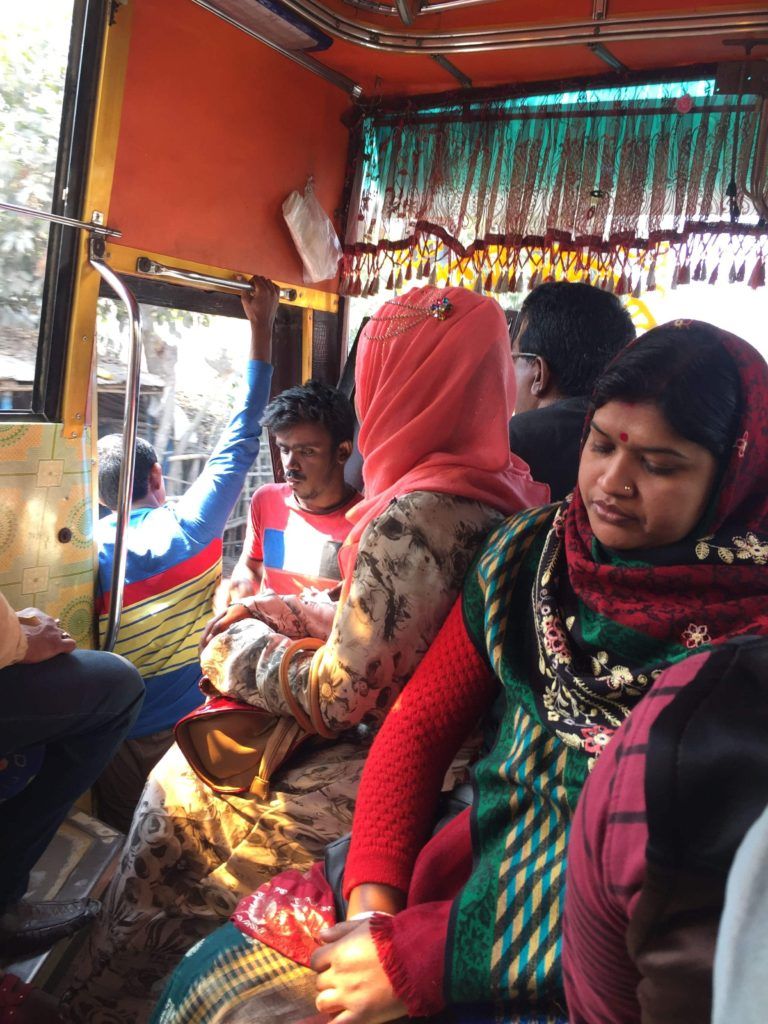
The engine rumbled to life and with the conductor clinging to the open doorway, we were off.
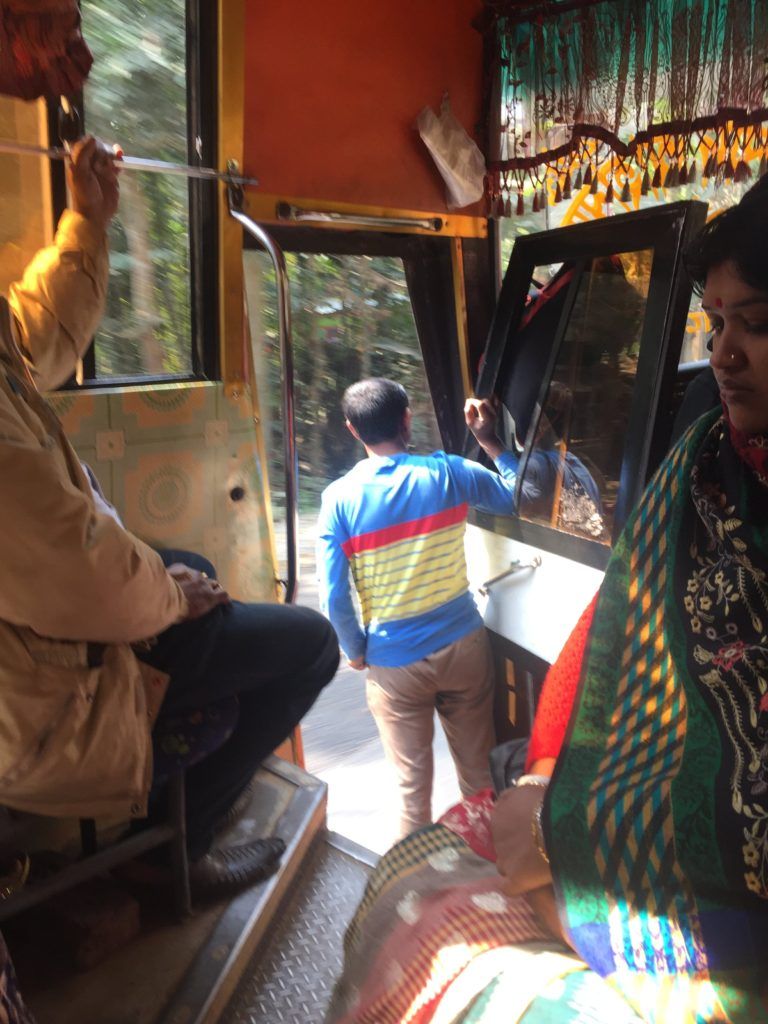
I liked Khulna straightaway. Coming from Dhaka, this city of around 700 000 feels tiny, a veritable breath of fresh(ish) air. I explored the busy streets. I watched a vendor frying jalebis – he handed me a paper packet full and wouldn’t take money for them.
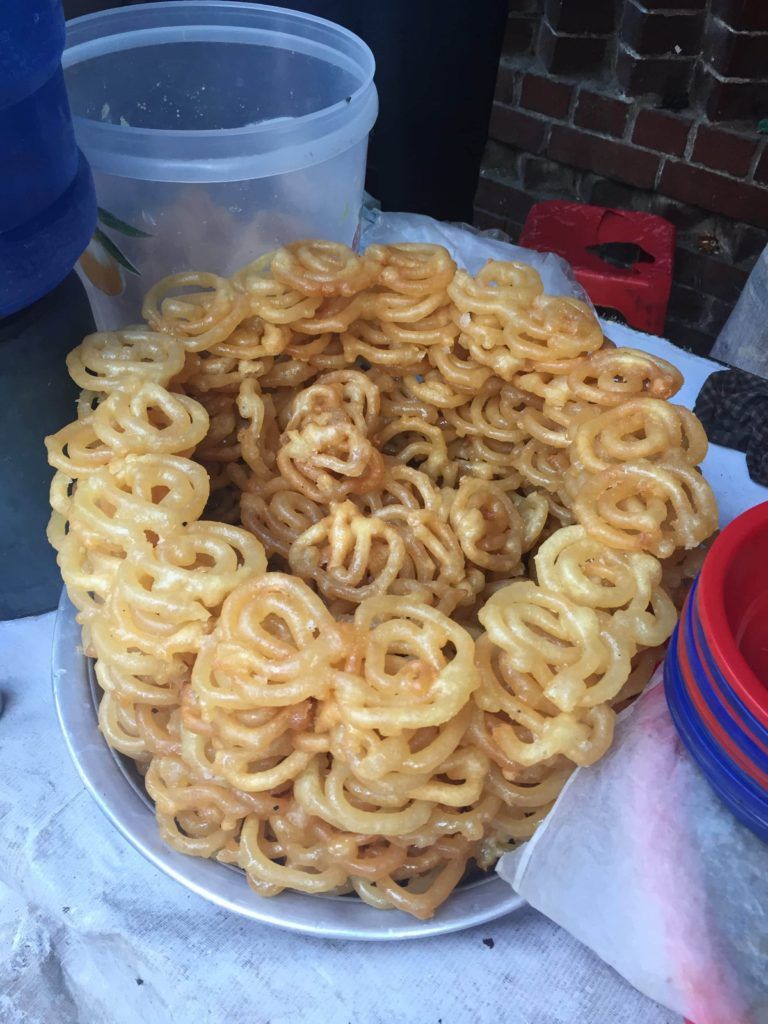
I snacked, and wandered through the flower market.
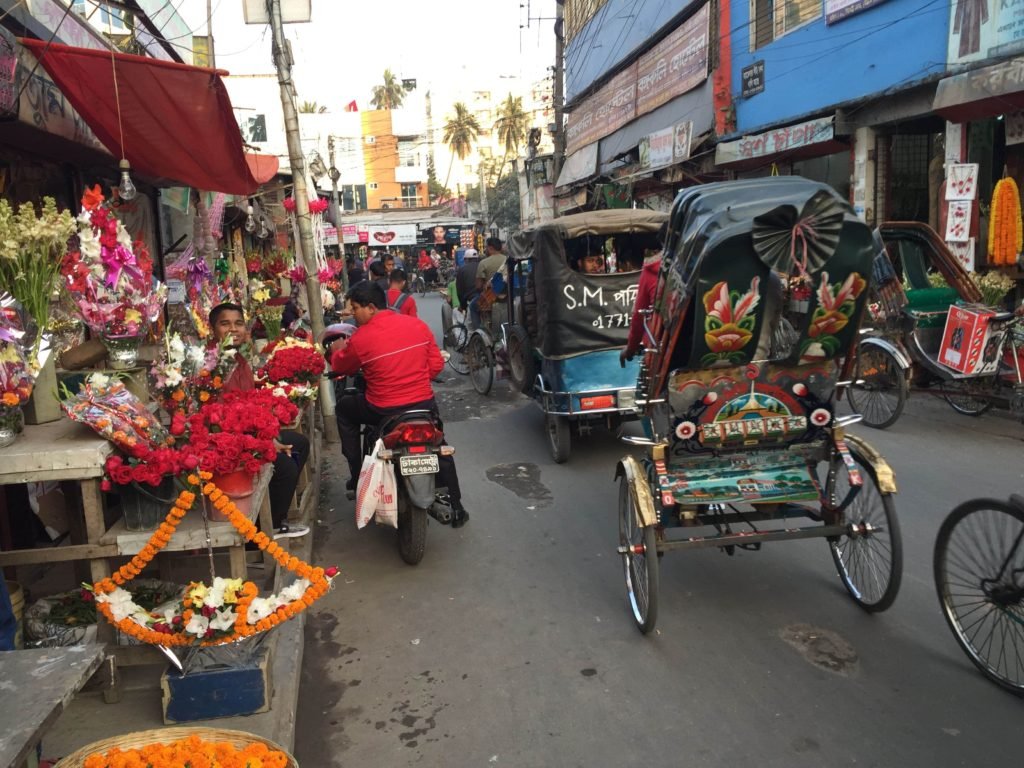
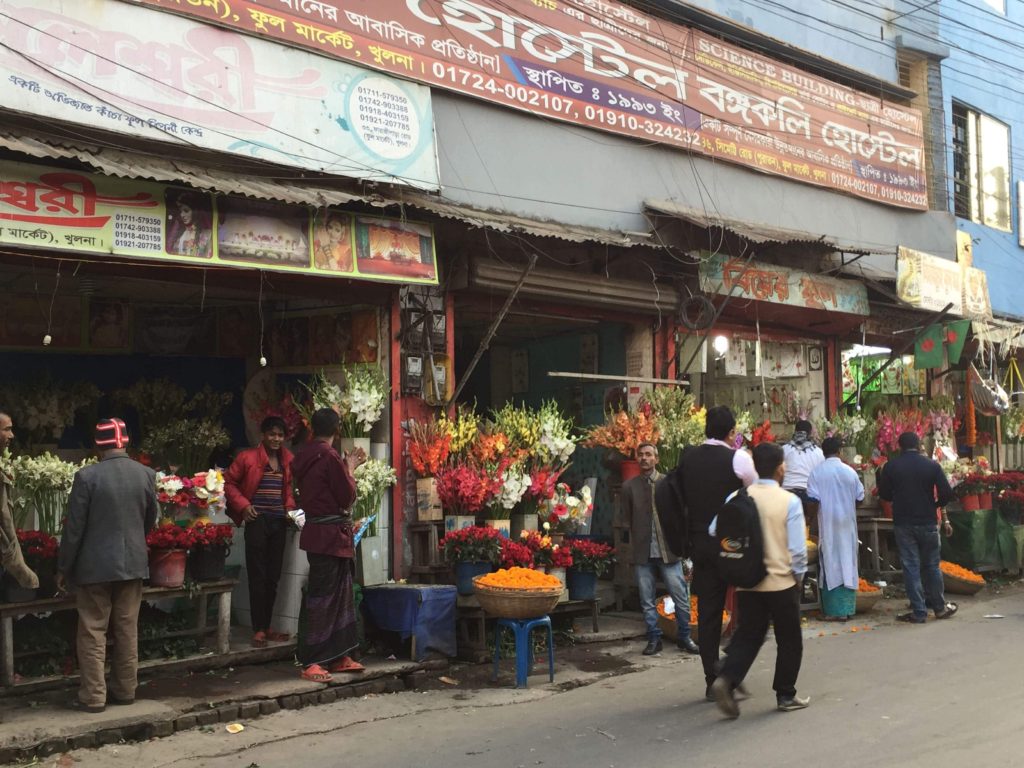
Plus, there’s a big hotel with a cafe serving real coffee and I downed two Americanos in a row.
But the reason I’d come to Khulna was not to overindulge myself at the cafe. Khulna is near the Sundarbans, a National Park hosting the world’s largest mangrove forest and a sizeable tiger population.
So I spent some time talking to different guides in town and arranged a trip to the park. Back at my hotel after dinner, I packed up my stuff and passed out from the nightly dose of insecticide fell asleep.
Al Amin, the guide I’d booked, was waiting for me downstairs the next morning. We left before breakfast. That’s a good thing, since the hotel serves eggs that taste like they’d been cooked during a particularly thorough bout of bug-spraying in the kitchen.
We took a rickshaw to the riverport and caught a ferry across:
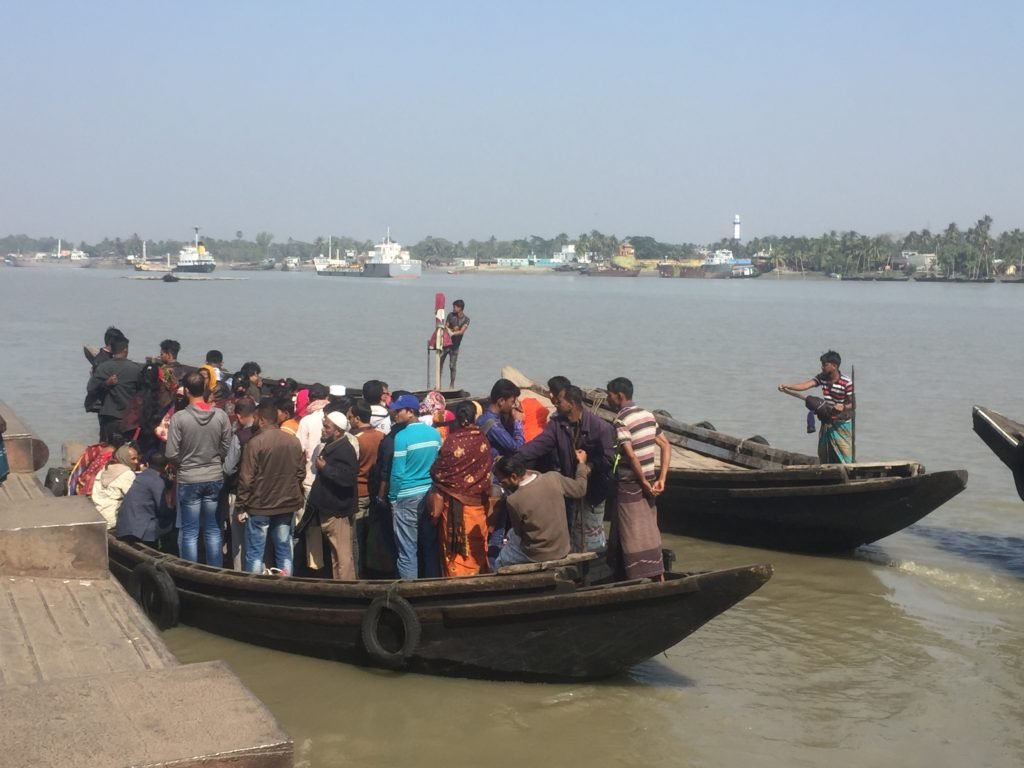
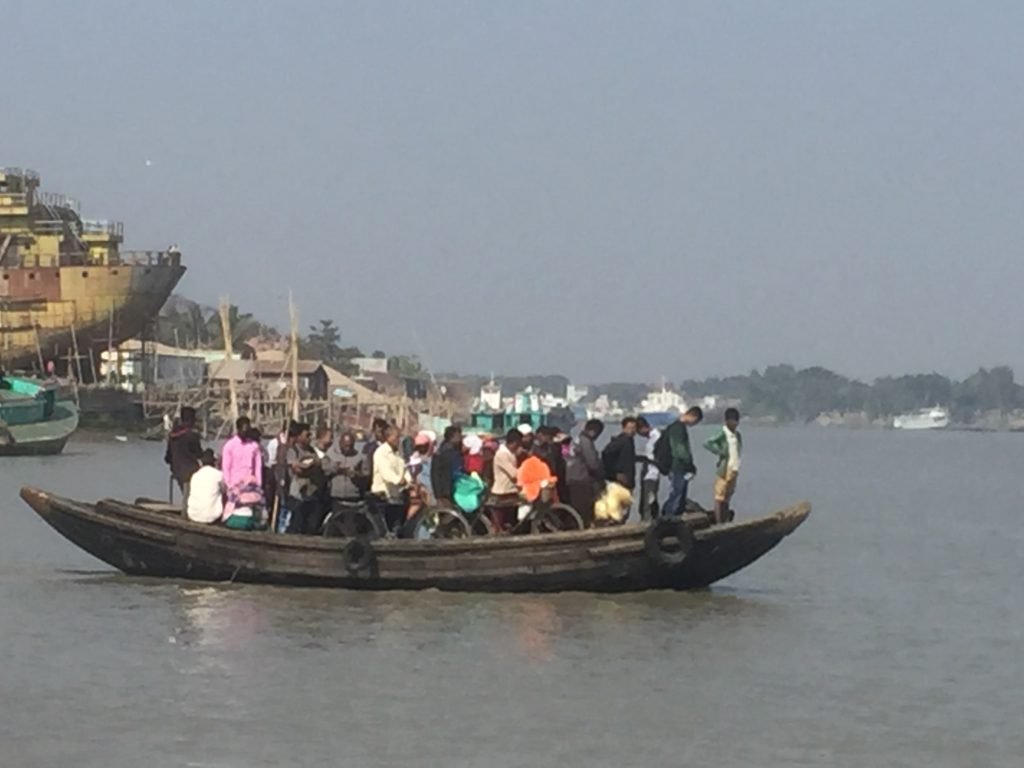
Then we climbed aboard a bus to Mongla.
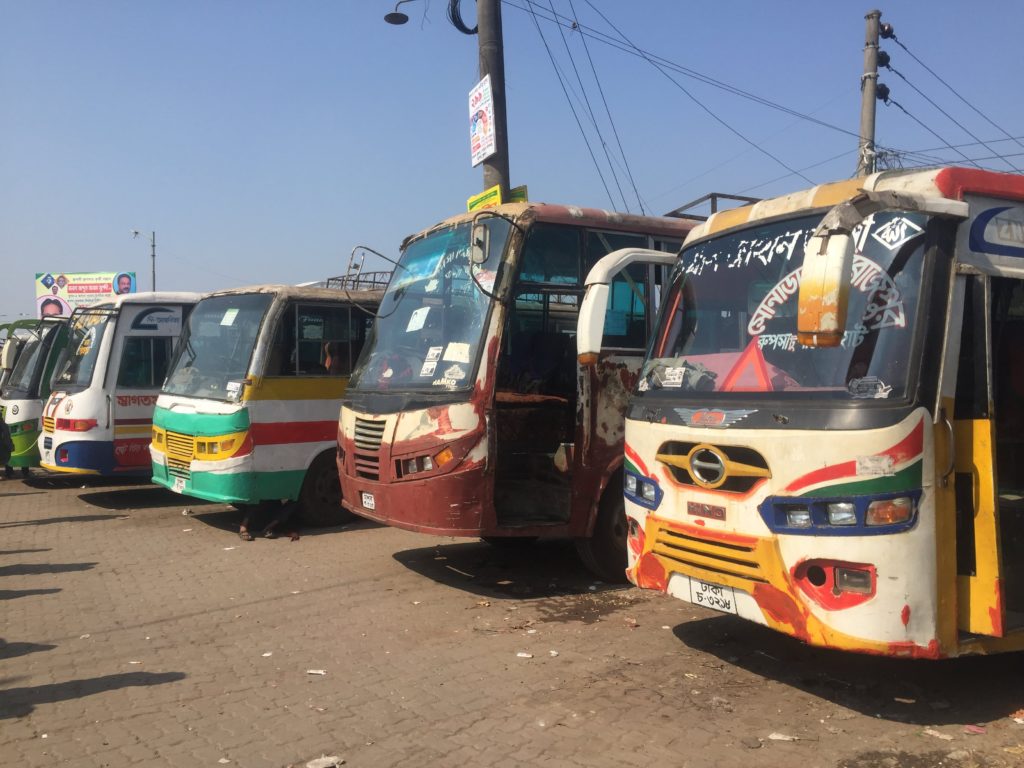
About an hour later, at yet another riverport we scrambled onto the roof of a double-decker sightseeing boat.
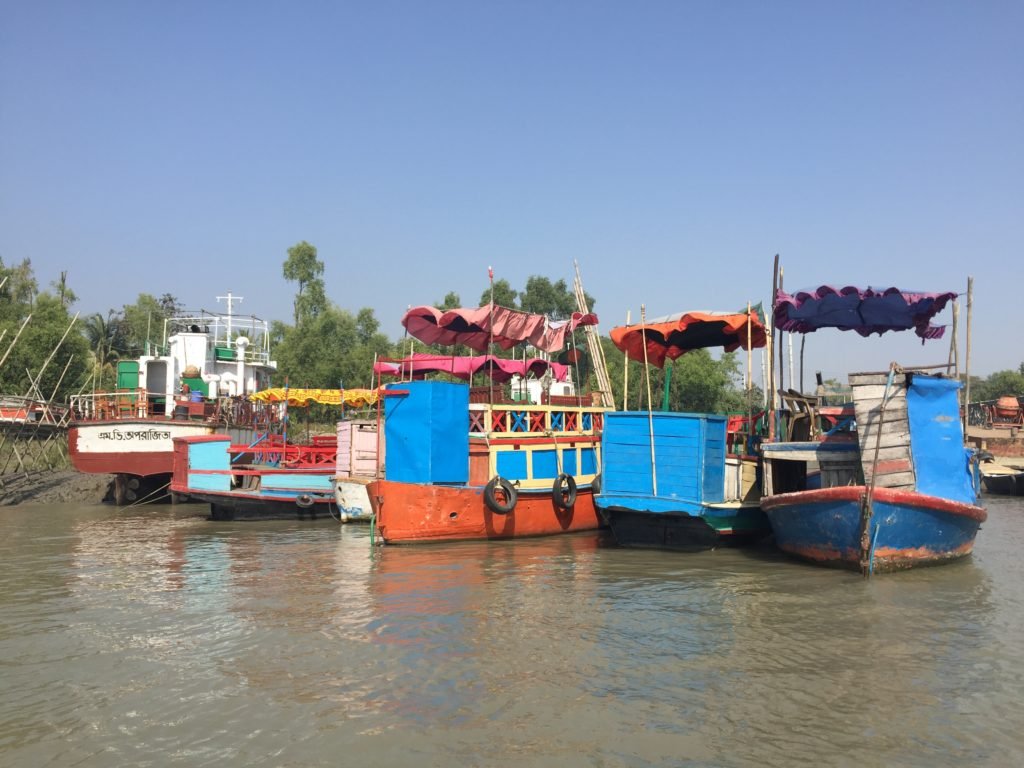
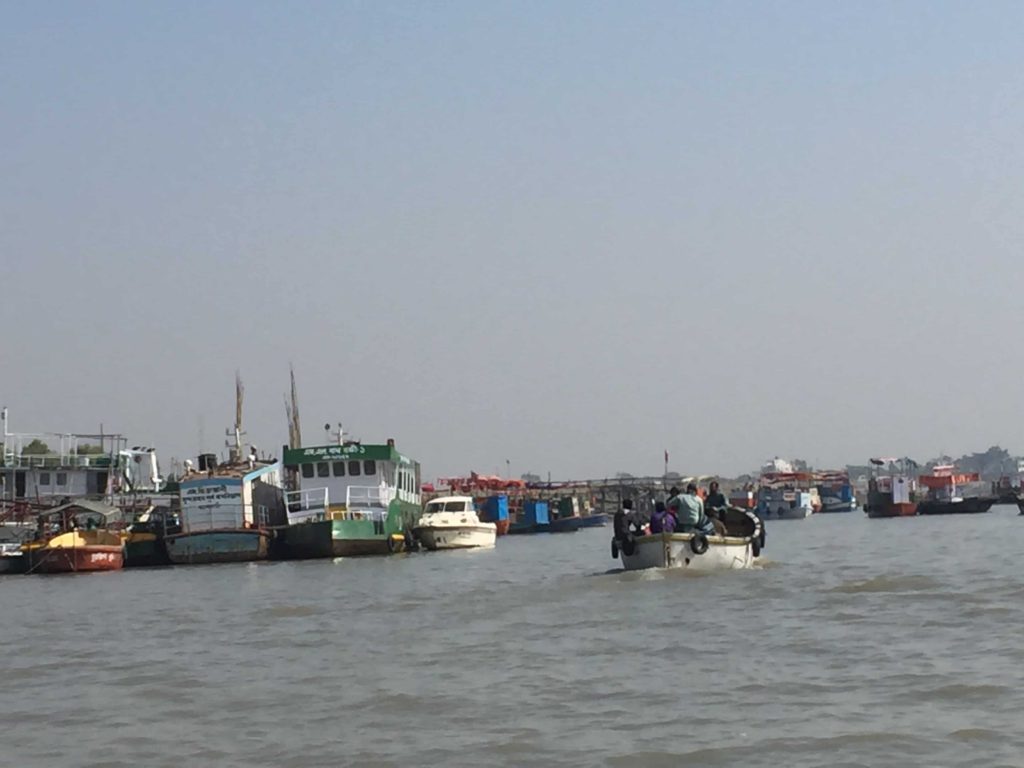
Off that boat and up a steep muddy bank, we found a couple of van drivers lurking around.
When I say ‘van’ I’m referring to a sort of wooden tray attached to the back of a bike. If you’ve ever thought of any sort of uncomfortable way of dragging people and their stuff from one place to the next, they’ve already thought of it in Bangladesh and put it into practice.
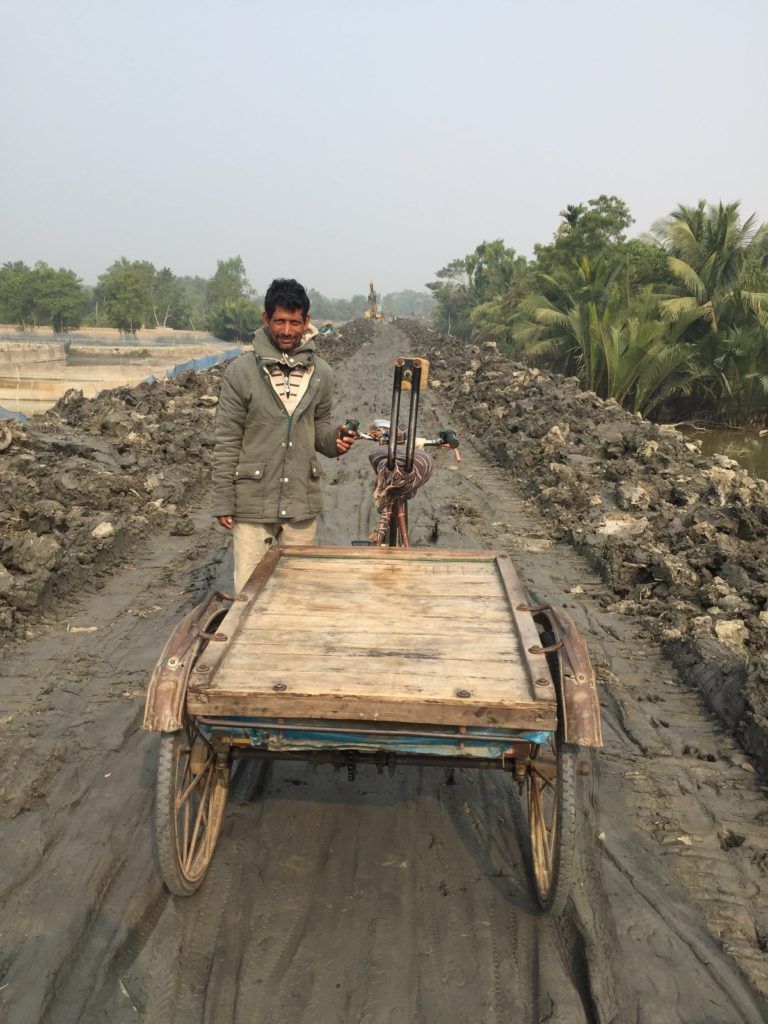
Al Amin and I sat on the van, our legs dangling over the sides, and rode for an hour through beautiful pastoral countryside: little villages, fish farms, dirt roads, forest and rice paddies. This is really Bangladesh, I thought, waving back at some kids playing cricket.
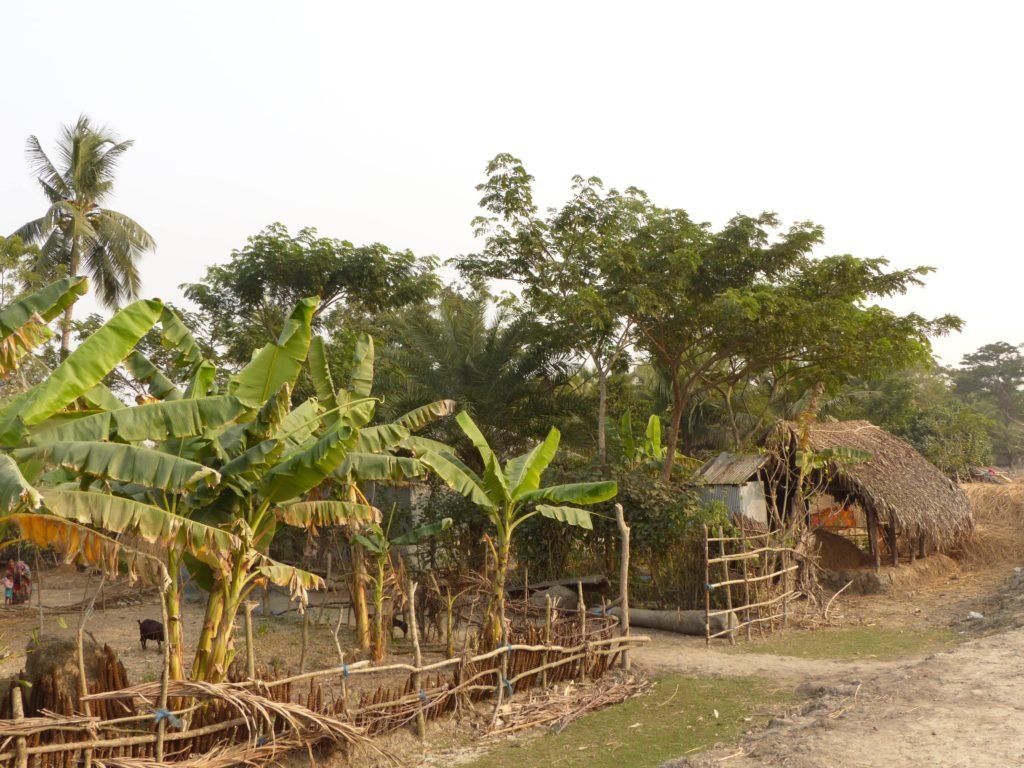
We passed a large concrete building that looked a lot more permanent than anything else I’d seen. ‘It’s a school. And cyclone shelter’ said Al Amin when I asked him about it. There was one in every village we buzzed through. During the summer months Bangladesh gets hit hard by cyclones and entire villages can be destroyed.
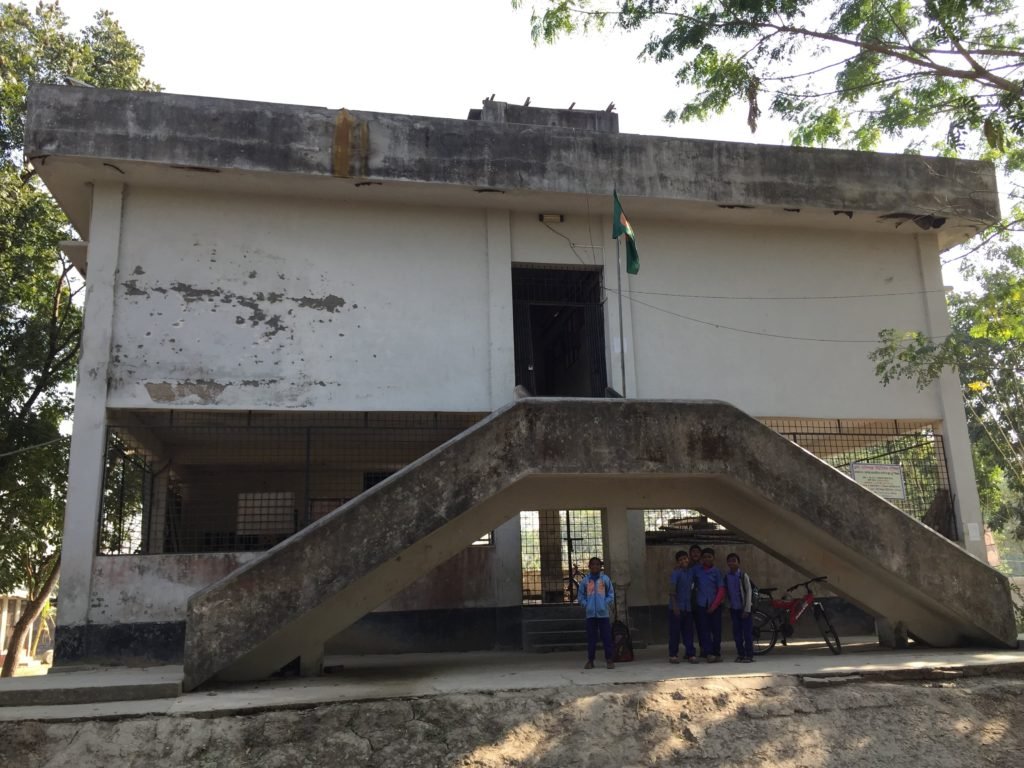
After a string of villages and school-and-cyclone-shelters we arrived at a cottage on the edge of the Sundarbans – right across the river, to be exact.
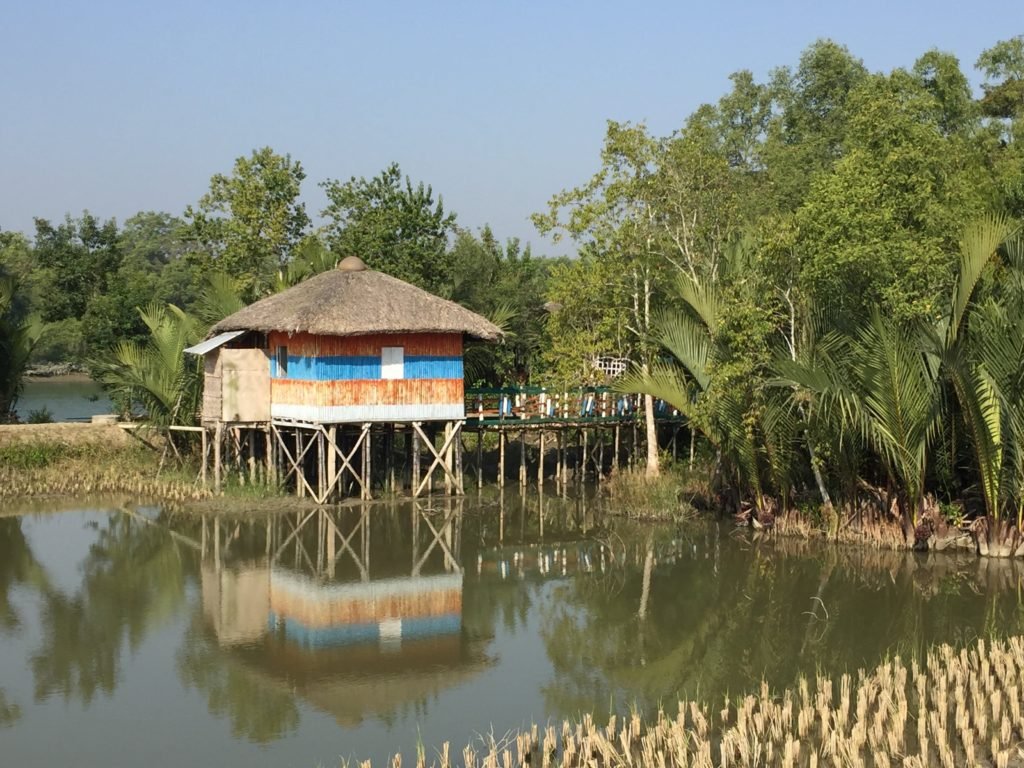
I sat on my porch and read. I ate delicious food cooked by Sri Baba, my host at the cottage.
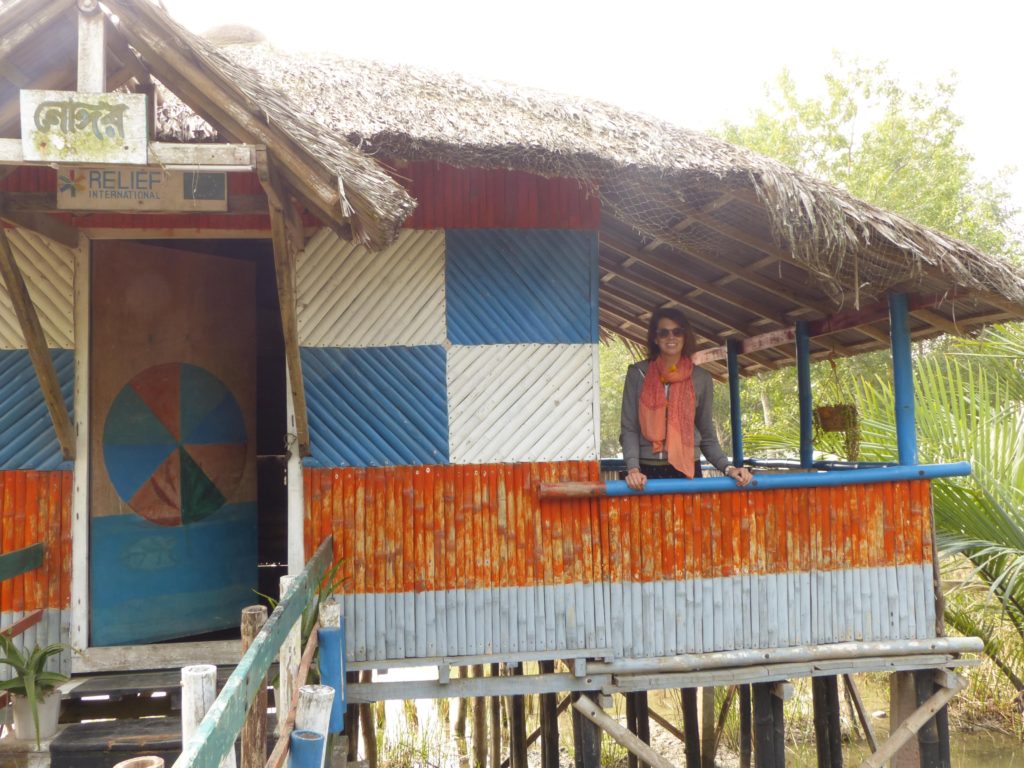
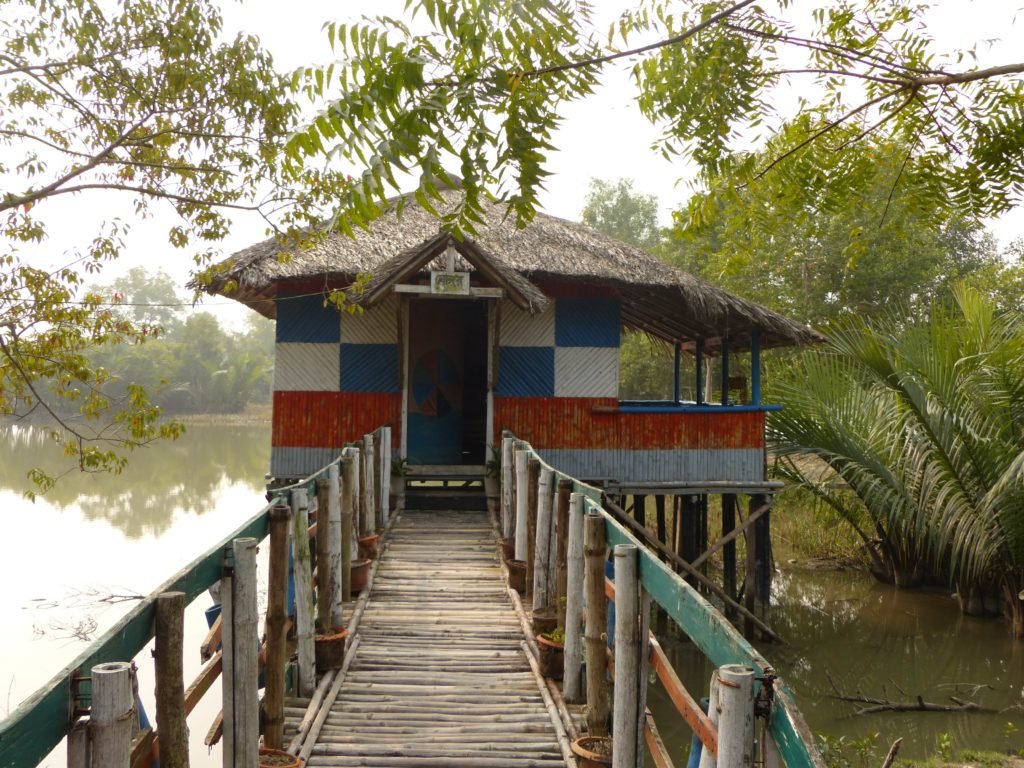
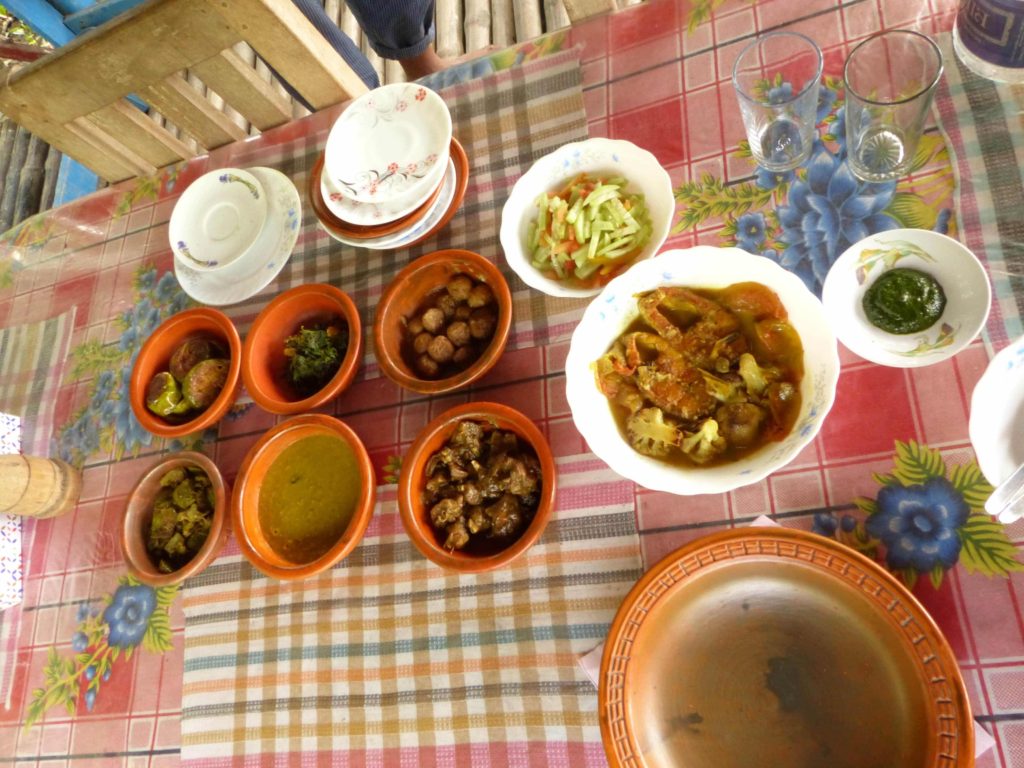
I walked in the village and watched this quiet life of rice growing and fish farming going on around me.
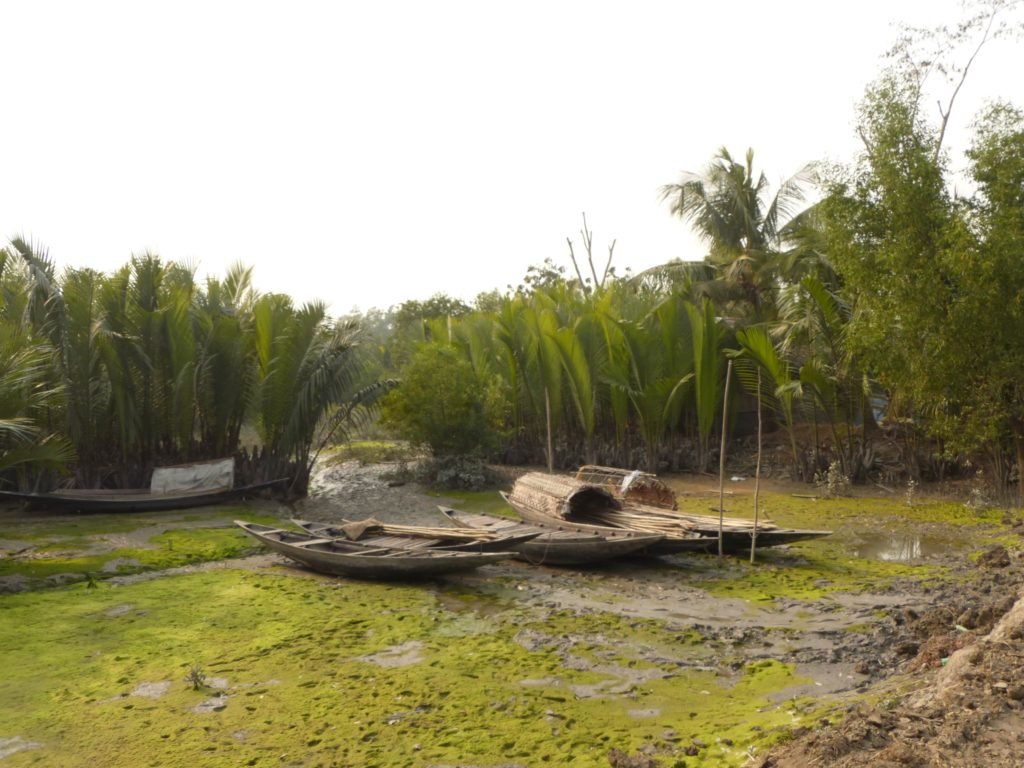
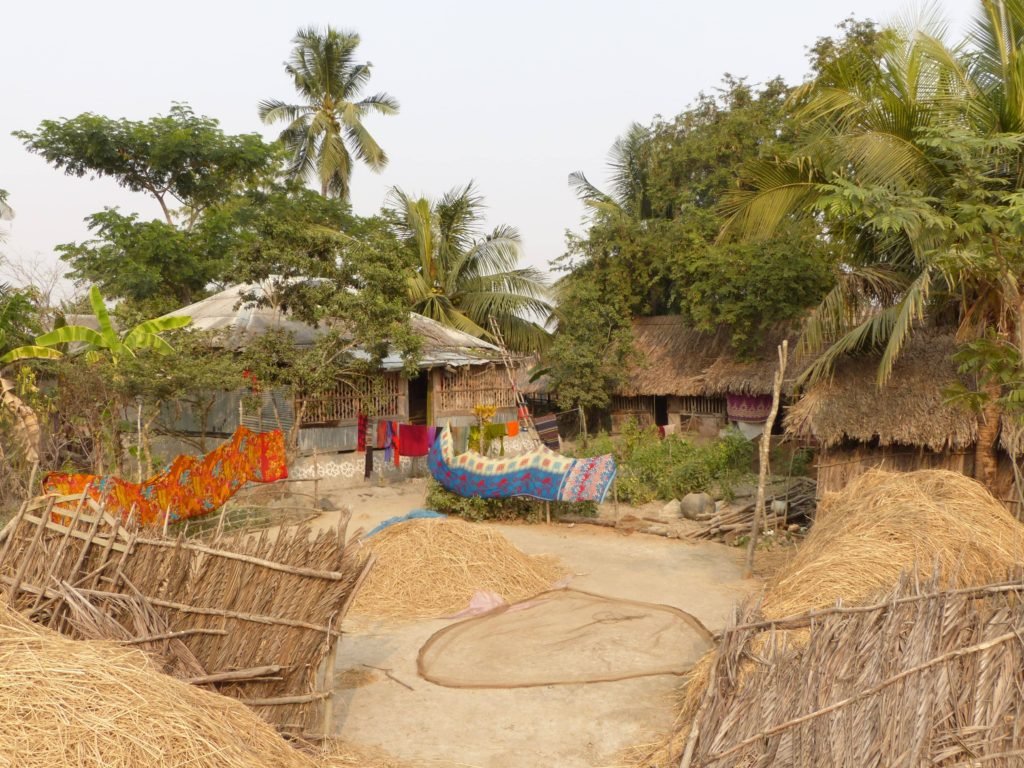
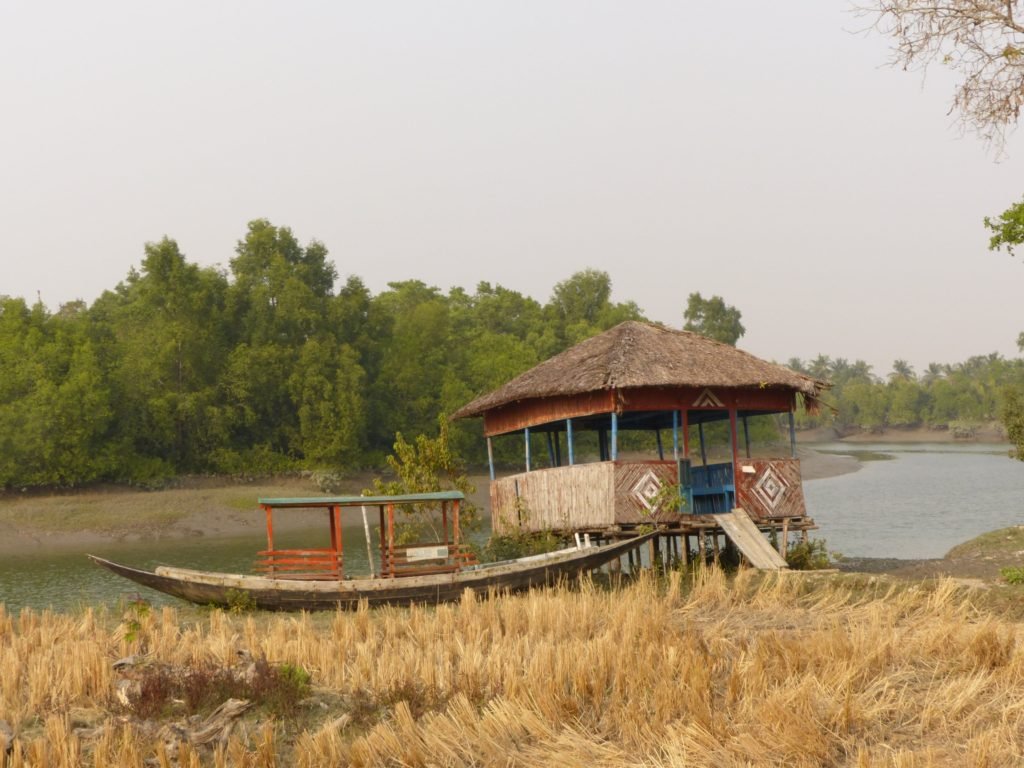
Late in the afternoon Shubat the boatman took Al Amin and me out on the river in a leaky rowboat. I spotted some monkeys. ‘You like them? But they are very naughty!’ Al Amin exclaimed, and then made it his mission to spot more for me anyway. Shubat paddled up close to the bank and picked some wild spinach for dinner.
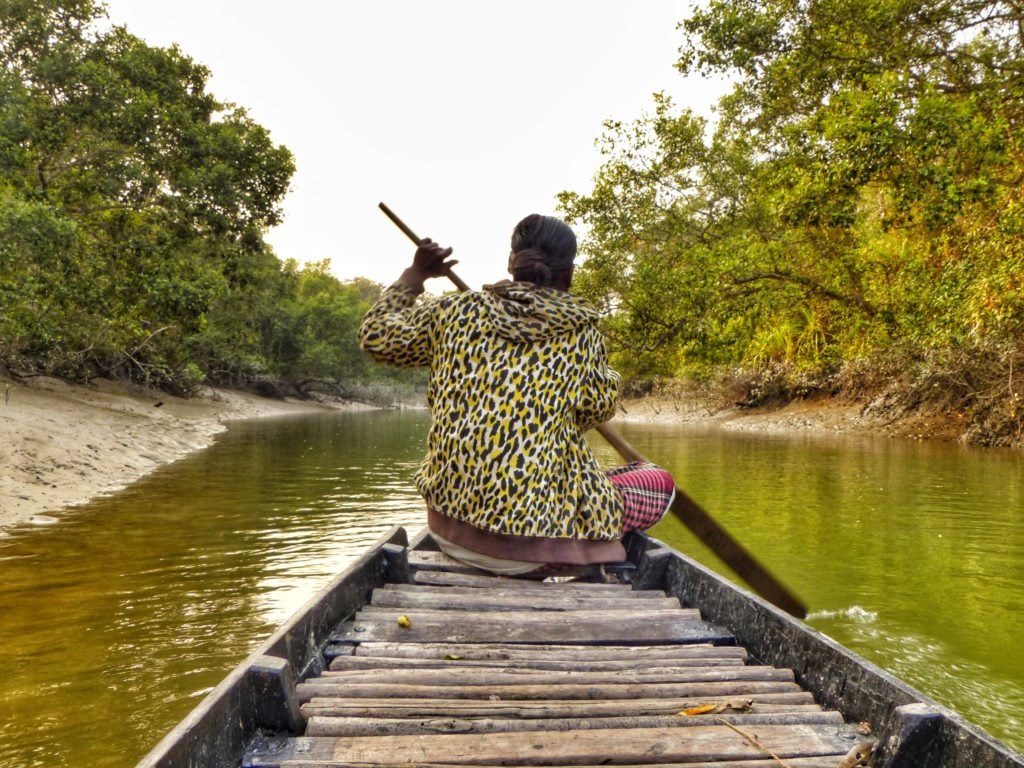
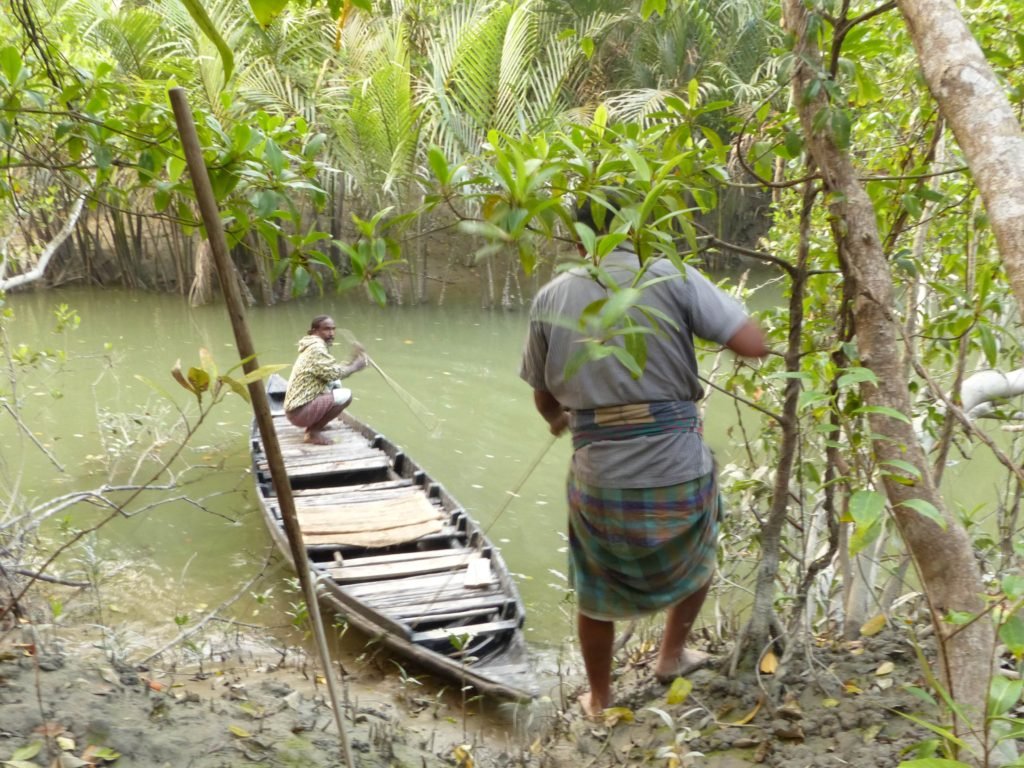
We walked in the forest (but not too far – ‘There might be animals…’, said Shubat) and looked at the baby mangroves just poking up through the mud. The Sundarbans is meant to be teeming with tigers; but I already knew I wouldn’t see one. The population is diminishing fast and they are notoriously reticent. I asked my guides: one of them had never seen a tiger, and the other had seen one just once, a long time ago. But Shubat clearly did not want to disappoint me. He pointed to a spot on the bank near my cottage and informed me that a tiger ate a person there not more than five years ago.
At dinner that night Sri Baba’s son played the harmonium. Every family in Bangladesh has one (both a harmonium, and a kid who plays it). I’m told the songs he played were romantic and patriotic. They all sounded the same to me, but what I liked best was the obvious pride the boy took in playing, and when the men sitting around him spontaneously joined in the singing.
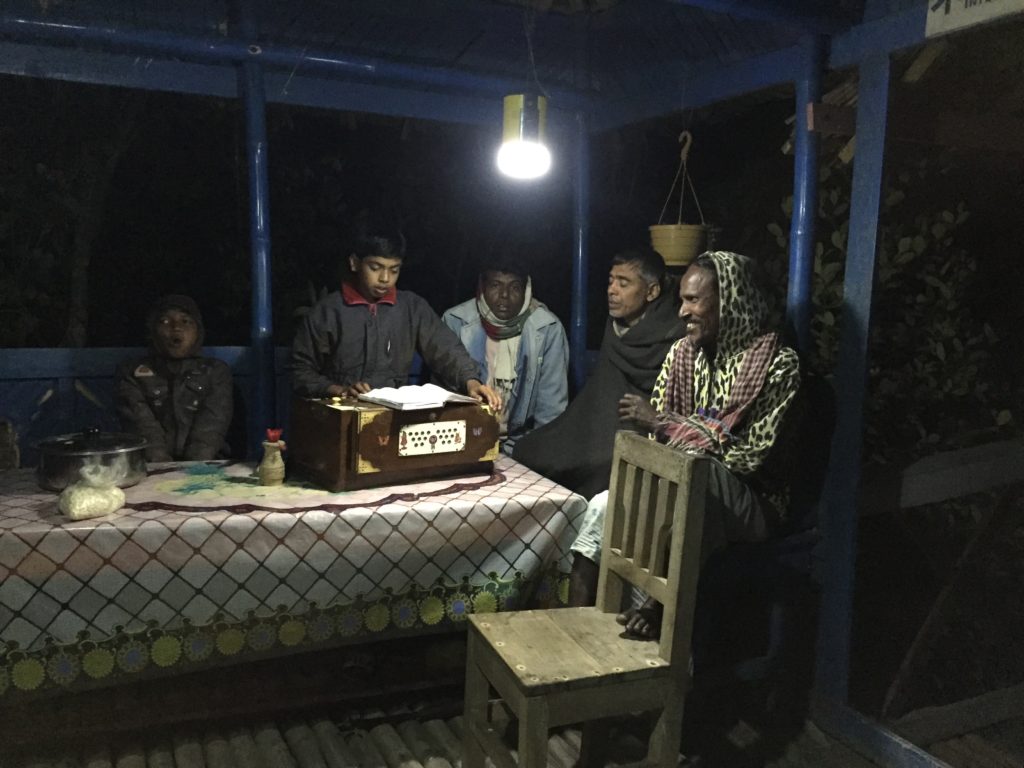
Before bed Sri Baba lit a mosquito coil and placed it on my porch. Of far more concern to me than a few mosquitos: the bat in my bathroom.
I went to the Sundarbans partly to escape the noise of the city life. But noise – and the people who make it – is never far away in this tiny, densely populated country. The villagers held a Hindu festival starting at 5 am.
And that just made it easier to get up at dawn, to row in the swampy little channels off the river as the sun came up.
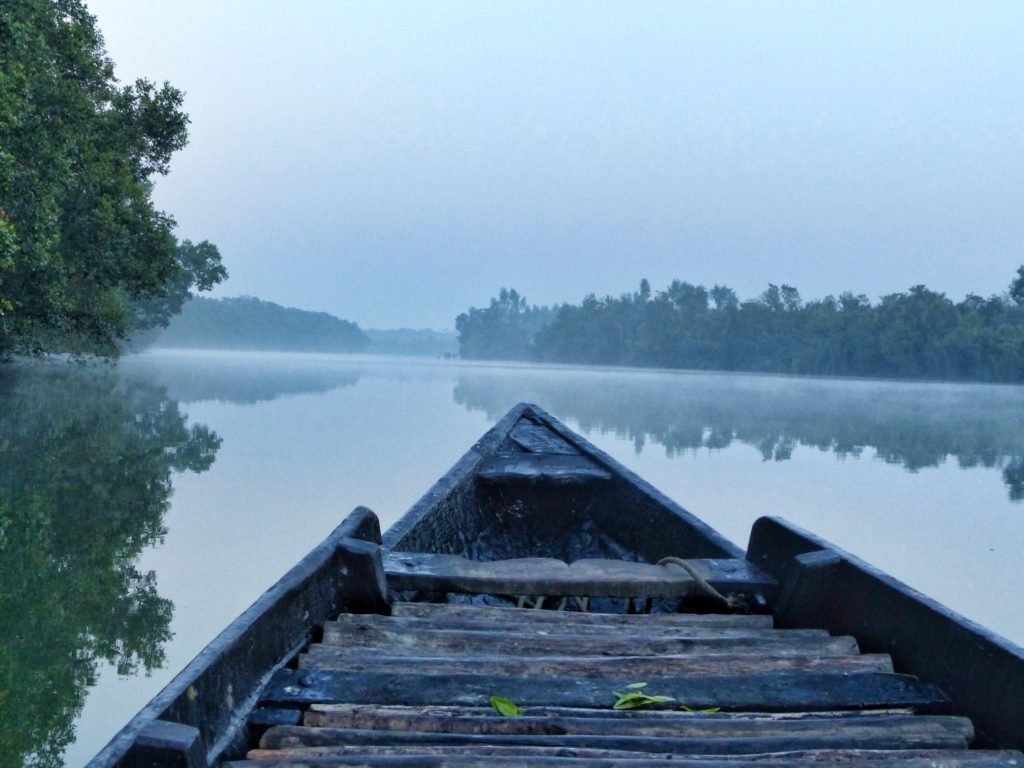
Back in Khulna, I sat in the cafe drinking another coffee and looking out over the busy street. Although I didn’t get to see a tiger in the flesh, I did see this one:
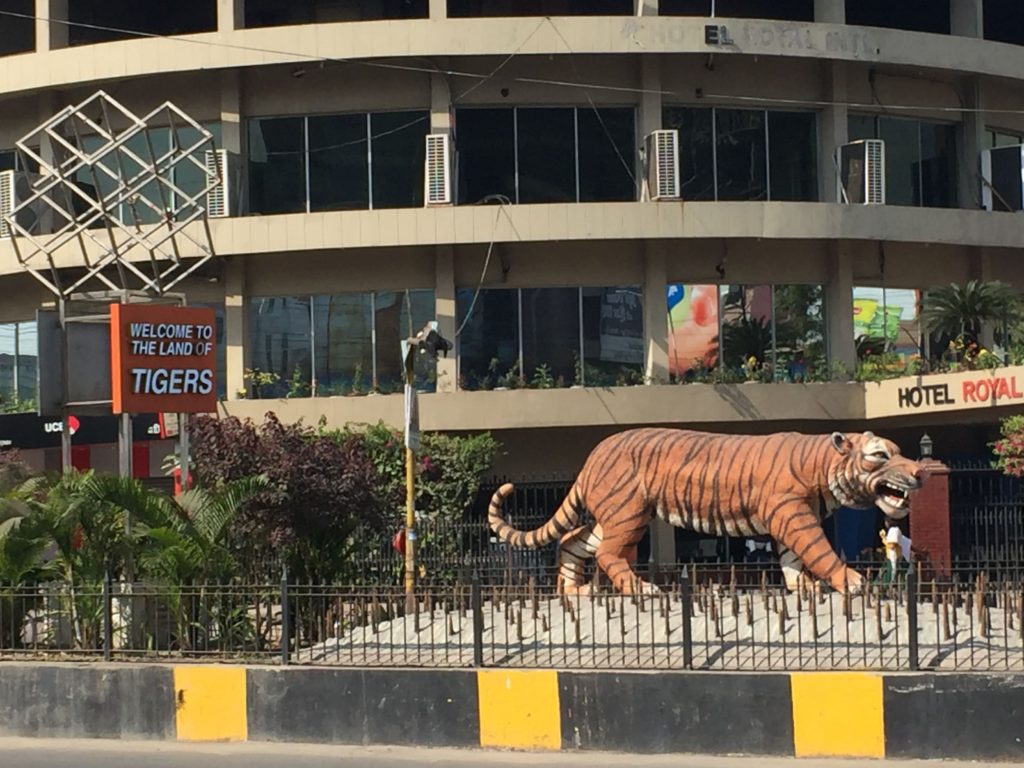
and weirdly, these giant prawns on a roundabout, as well:
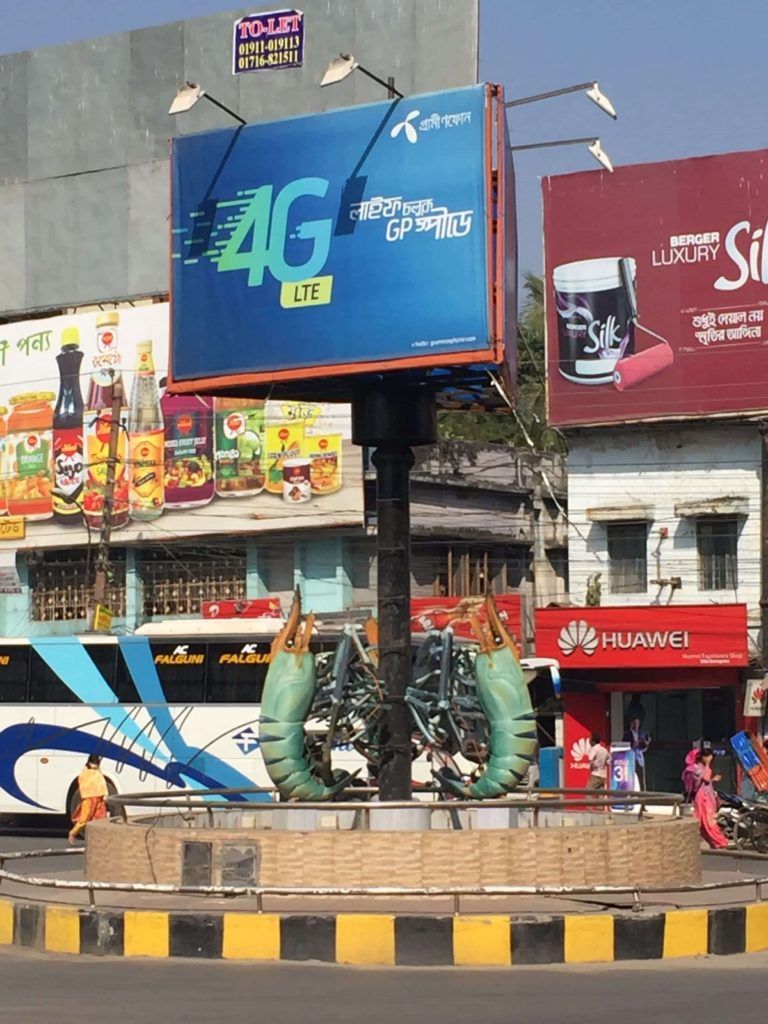
That night I stayed with Al Amin’s auntie and uncle at their family home in a quiet part of town. They were extremely kind and hospitable – and didn’t even once try to burst into the guestroom with a can of bug spray.
Read More
For more of my adventures (and misadventures) in Bangladesh, check out the rest of my stories from the road.
